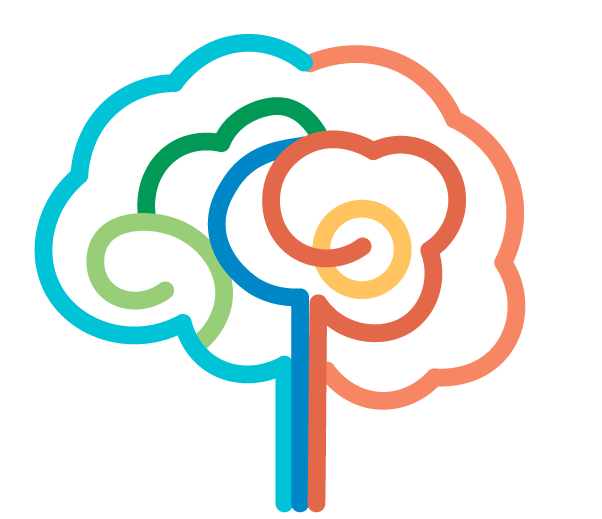A UNIQUE AND COMPREHENSIVE STUDY OF THE AGING MIND.
The Dallas Lifespan Brain Study (DLBS) is an epic research effort designed to understand fully what a healthy brain looks like and how it functions at each decade of life from age 20 through 90. The DLBS is leading the way in understanding how the aging brain can maintain health in the face of brain degradation that occurs commonly with age (thinning cortex, decreased density of white matter, and amyloid plaques that occurs with age). Learning how healthy brains cope with Alzheimer’s pathology is a unique focus of the DLBS. We have enrolled nearly 500 healthy people in the study from local areas with each volunteer tested every four years.
The DLBS is guided by the Scaffolding Theory of Aging and Cognition (STAC)
A theory jointly developed by Denise Park at UT Dallas and Patricia Reuter-Lorenz at the University of Michigan, STAC, posits that as the structure of the aging brain degrades (shrinkage, disconnections in white matter, etc.), the brain builds new circuitry (scaffolds) that result in greater neural activity. This scaffolding plays a critical role in maintaining cognitive vitality as we age.
Read the original Scaffold scientific paper:
Read new additions to the theory
